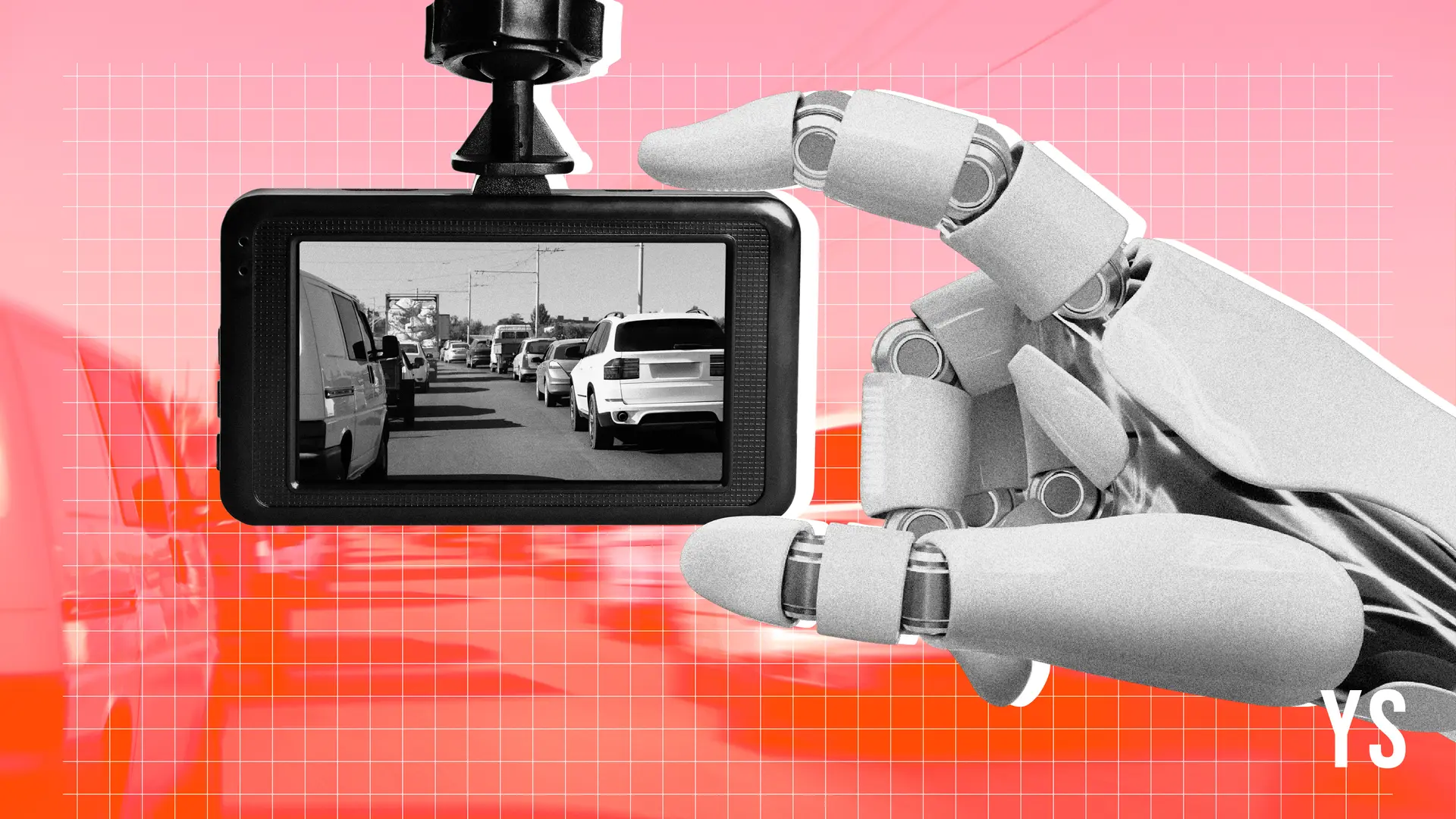Making roads safer: Dacio banks on AI-powered dash cams to prevent accidents
Dacio's preventative incident road safety products enable business across sectors to re-imagine transport and logistics.
With speeding, reckless driving and a disregard for traffic rules becoming commonplace, India has seen an increase in road accidents in recent years. In 2022 alone, the country reported over a lakh deaths in road accidents.
Bengaluru-headquartered Dacio.ai is trying to make Indian roads safer. The company sells AI-powered dash cams with multi-channel cameras, allowing drivers and fleet operators access to key data on driving behaviour and driving tendencies.
The startup, which was part of YourStory’s Tech30 2024 list, provides a preventative incident road safety product, that alerts the driver before an incident happens and also pushes a video playback of the incident to the fleet operator, which is the key for cracking numerous insurance and theft cases.
As a B2B startup, it works with companies across sectors, including OEM Olectra, Dipper Schools, and Professional Couriers, already covering sectors like logistics, manufacturing and education. Its primary solution covers fleet operators, which may be distributed across sectors.
“So, we are not specifically a dashcam company. We are trying to build ourselves as a data and tech layer for the mobility industry. It's like what UPI became for the payments, or for the fintech infrastructure. We want to build the data and tech layer or infrastructure for the mobility industry,” Suman Gandham, Founder and CEO at Dacio tells YourStory.
Dacio offers a multi-channel system, capable of supporting up to five cameras per vehicle. Each camera serves a specific purpose, such as monitoring road conditions, driver behaviour, or other critical areas of the vehicle such as a boot. This is particularly crucial for fleet operators that work with logistics, manufacturing and ecommerce companies to track pilferage incidents, have a seamless insurance claim journey and strengthen their distribution lines.
The Driver Monitoring System (DMS), one of its core offerings, is designed to enhance driver safety and prevent accidents caused by human error. It analyses critical parameters such as eye movement, facial expressions, and head position to detect issues like drowsiness, distraction (e.g. using a mobile phone), or a lack of seatbelt usage. The company says its system is over 98% accurate in identifying all these alerts.
For instance, the DMS alerts drivers and fleet operators in real time, allowing them to take corrective actions before an incident occurs. For example, a driver showing signs of drowsiness might be suggested to take a break.
On a fleet operator side, a reduction in collision or near miss helps them save on repair costs, insurance claims and legal liabilities. This can also help operators to allocate driving tasks more effectively and even design training exercises.
The journey
Gandham along with Abhilash Reddy, Co-founder and Chief Product Officer of Dacio AI, started the company in April 2024, after pivoting from building an AI-powered CCTV product.
“With the logistics industry being highly fragmented and decentralised, there is lack of visibility and a gap of information at every stage making road, vehicle and driver safety difficult to ensure, so we wanted to create a safety infrastructure in the space,” explains Gandham.
While Dacio, with its team of over 11 employees, doesn’t actually manufacture the device, it is responsible for adding the software, data and tech layer to it.
It has both a capex and opex model, where in the capex model fleet operators can either choose to purchase the camera and pay for a monthly subscription. In its Opex model, the camera is leased along with a monthly subscription fee allowing for more flexibility. About 80% of its customers are on the opex model, with it charging Rs 2000 per month per vehicle.
Dacio has installed 1,000 devices so far and has a pipeline of 7000 vehicles in the next six months. It plans to reach at least 10,000-12,000 vehicles by the end of August.
The Indian fleet management systems market is expected to grow at a CAGR of 15.25% by FY32 to $4.79 billion, as per Markets & Data report as fleet operators increasingly rely on such systems to deeper understanding of operating costs and enhance profitability.
Edited by Affirunisa Kankudti








